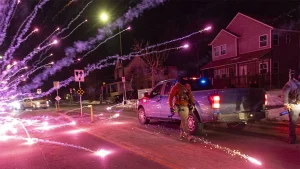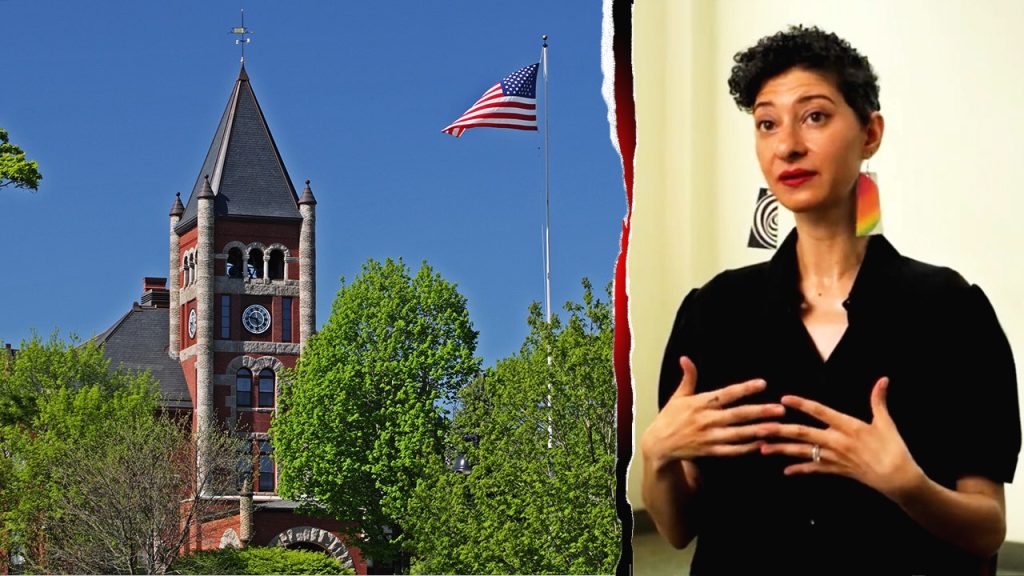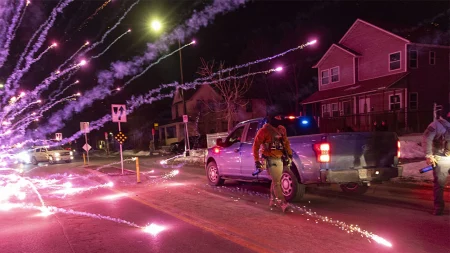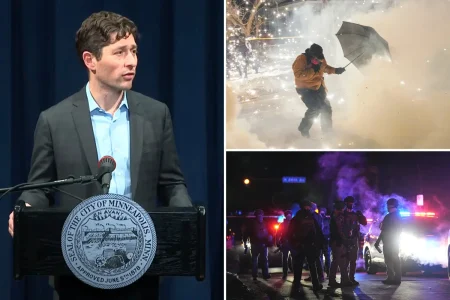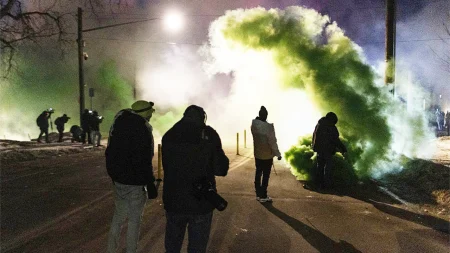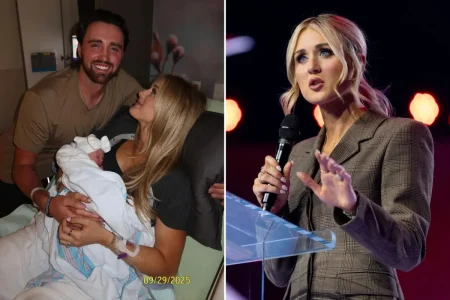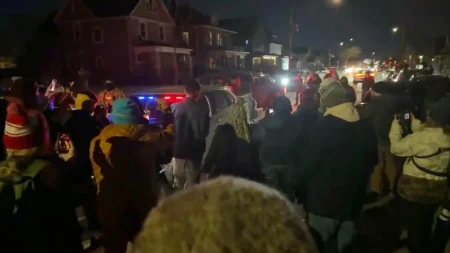A Controversial Response to Tragedy: Professor’s Remarks After Charlie Kirk’s Death
In the wake of tragedy, public discourse often reveals the deep divisions in American society. This was starkly illustrated when University of New Hampshire associate professor Chanda Prescod-Weinstein made inflammatory comments about conservative leader Charlie Kirk less than 24 hours after his assassination at Utah Valley University. Her reaction to a New York Times opinion piece by Ezra Klein titled “Charlie Kirk Was Practicing Politics the Right Way” ignited controversy about professional conduct in academia and the boundaries of political expression following violent events.
Prescod-Weinstein, who serves as both a physics and astronomy professor and core faculty member in women’s studies, took to social media platform Bluesky to express her outrage at Klein’s column. She accused the journalist of promoting “white supremacy” by praising Kirk’s willingness to engage with political opponents. “Ezra Klein isn’t theorizing Charlie Kirk. He is theorizing politics. And he is saying that Charlie Kirk’s brand of white supremacy was a good way of doing politics,” she wrote, adding that Klein was “a total f—ing ghoul.” In subsequent posts, she doubled down, stating that Klein was “now on record saying one of the 21st century’s most ardent white supremacists did politics the right way.” These comments raised questions about the appropriateness of such charged rhetoric in the immediate aftermath of a political assassination, regardless of one’s views on Kirk’s politics.
This incident is not isolated but appears to be part of a pattern of openly partisan commentary from the professor on social media. When former Vice President Dick Cheney died, Prescod-Weinstein amplified posts characterizing Republicans as “cult members.” She has also frequently shared content supporting socialist New York mayor-elect Zohran Mamdani. This public display of political positions has sparked debate about the role academics should play in political discourse, particularly when their comments might be seen as celebrating or minimizing violence against those with opposing viewpoints.
Prior to this controversy, Prescod-Weinstein had established herself as an activist within academia. In 2020, following George Floyd’s murder, she co-organized a “#StrikeforBlackLives” with University of Chicago professor Brian Nord. The initiative encouraged scientists worldwide to pause their work, cancel classes, and reschedule meetings to take action against racism. In explaining the strike, she and Nord emphasized, “This is not about identifying with a minority or marginalized group or diversity and inclusion. This moment is about Black people and the conditions under which we live and work. It is about how white supremacy pervades my professional spaces as well as my life outside of them.” This background highlights her ongoing engagement with social justice causes within academic settings.
The timing and tone of Prescod-Weinstein’s comments about Kirk have raised concerns about civility in political discourse, particularly in a climate where political violence is becoming increasingly common. While passionate disagreement is fundamental to democratic societies, the immediate aftermath of an assassination presents a particularly sensitive moment. Many commentators across the political spectrum have questioned whether such rhetoric, regardless of one’s views on the victim’s politics, contributes to a culture where political violence becomes normalized. Neither the University of New Hampshire nor Prescod-Weinstein responded to requests for comment on the matter, leaving questions about potential institutional responses to such controversial statements by faculty members.
This situation highlights broader tensions in American society about the boundaries of acceptable political discourse, academic freedom, and institutional responsibilities. Universities have traditionally been spaces that protect free expression while also encouraging respectful dialogue. As political polarization intensifies, academic institutions face growing challenges in balancing these sometimes competing values. The controversy surrounding Prescod-Weinstein’s comments serves as a mirror reflecting deeper divisions in American society—divisions that become especially pronounced in the aftermath of political violence. How universities, academics, and the broader public navigate these tensions will likely remain an ongoing challenge in our increasingly fractured political landscape.


